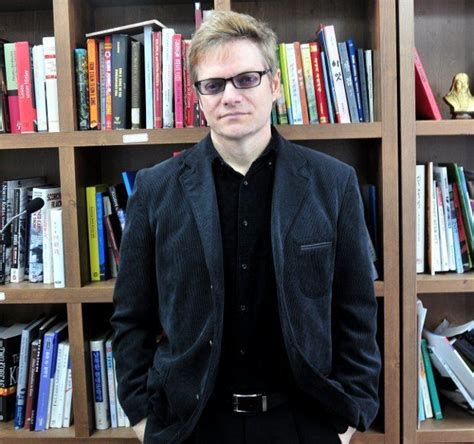A Quote by Ernest Cline
I noticed in the late 1990s that my friends and I were already nostalgic for the 1980s, and by the turn of the century, VH1's 'I Love the '80s' gave all of us an accelerated nostalgia for our generation.
Quote Topics
Related Quotes
It isn't necessary to imagine the world ending in fire or ice. There are two other possibilities: one is paperwork, and the other is nostalgia. Eventually within the next quarter of a century, the nostalgia cycles will be so close together that people will not be able to take a step without being nostalgic for the one they just took. At that point, everything stops. Death by Nostalgia.
The recent period has been marked by a transformation to an economy that is more productive as competitive forces become increasingly intense and new technologies raise the efficiency of our businesses...While these tendencies were no doubt in train in the "old," pre-1990s economy, they accelerated over the past decade as a number of technologies with their roots in the cumulative innovations of the past half-century began to yield dramatic economic returns.
I can remember in the late 1980s and early 1990s how many men with AIDS I saw everywhere in Key West. There were hospices and medical supply stores geared to people with AIDS. It seemed that every sick man who could afford it had headed for the warmth and the tranquillity and the gay-friendliness of the island.
The 1980s were such a shock for me. I was really young, obviously, and The Slits were just mutilated. We were totally sabotaged to such a point that we were put out in exile. So that was the best way for me to spend the '80s: in the jungle, naked. Maybe there are more options now, and there's more girl groups. The only thing good that came out of the '80s was breakdancing.
One [paradox] is that pornography follows in that wake of women's liberation. The first instances of hard-core pornography were in late 18th-century in France, "the Golden Age of Women." The next wave in the 20th century comes from Sweden, one of the first countries where women voted. Then Germany, again, at the forefront of progress. Then America in the '80s, when women were closing the pay gap. And Japan, same thing.







































